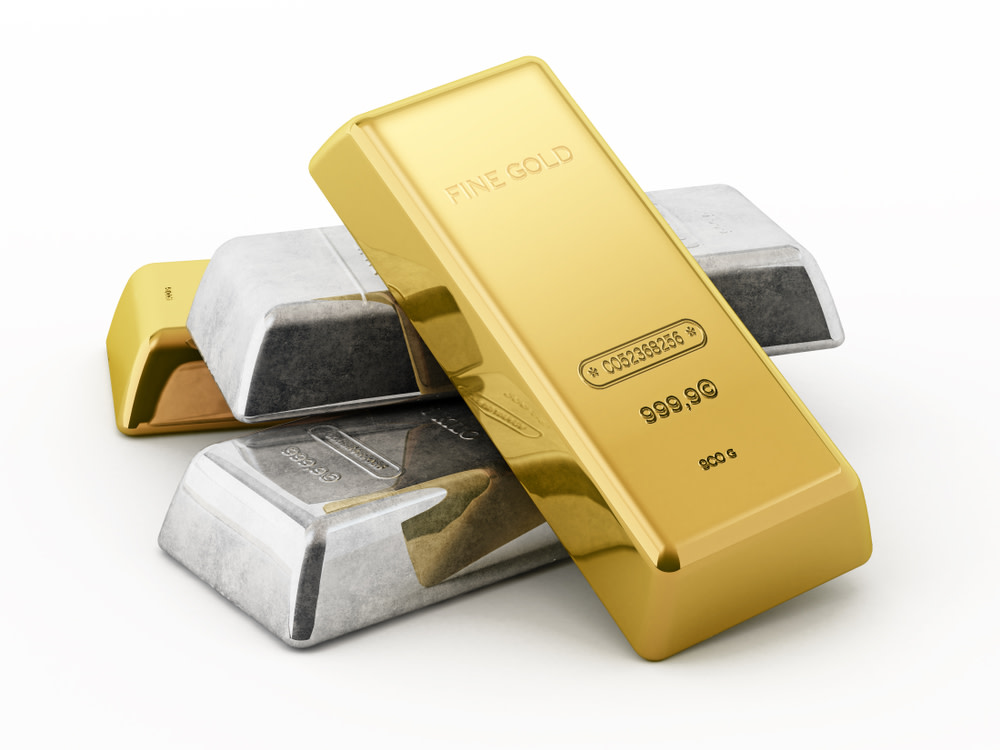
News
Silver and Gold Spearhead Robust Investment Returns
Shauvik Haldar
|
Overall, major U.S. stock indices went down for the rolling month. Precious metal...
Overview
Returns
Income
Allocations
Fees
About
EWM | ETF |
$22.03
+0.09%
$251.77 M
3.37%
$0.74
4.03%
-3.54%
-2.20%
-3.50%
0.50%
Get the lastest fund and ETF news in your inbox each week.
Receive latest news, trending tickers, top stocks increasing dividend this week and more.

News
Shauvik Haldar
|
Overall, major U.S. stock indices went down for the rolling month. Precious metal...

News
Shauvik Haldar
|
Overall, some of the major U.S. stock indices marginally declined for the rolling...

News
Shauvik Haldar
|
Overall, the U.S. stock markets maintained their positive momentum for the rolling month.

News
Shauvik Haldar
|
Overall, the U.S. stock markets maintained their positive momentum for the rolling month.
Mutual Fund Education
Daniel Cross
|
While CITs and mutual funds share many similarities, there are some key differences...
Taxation
Justin Kuepper
|
Let's see why mutual funds could incur surprise taxes and how tax-managed funds...
Mutual Fund Education
Sam Bourgi
|
The phrase ‘bear market’ has been thrown around a lot lately, but it...
Portfolio Management
Check out our special report on engaging millennials through their increasing interest in...